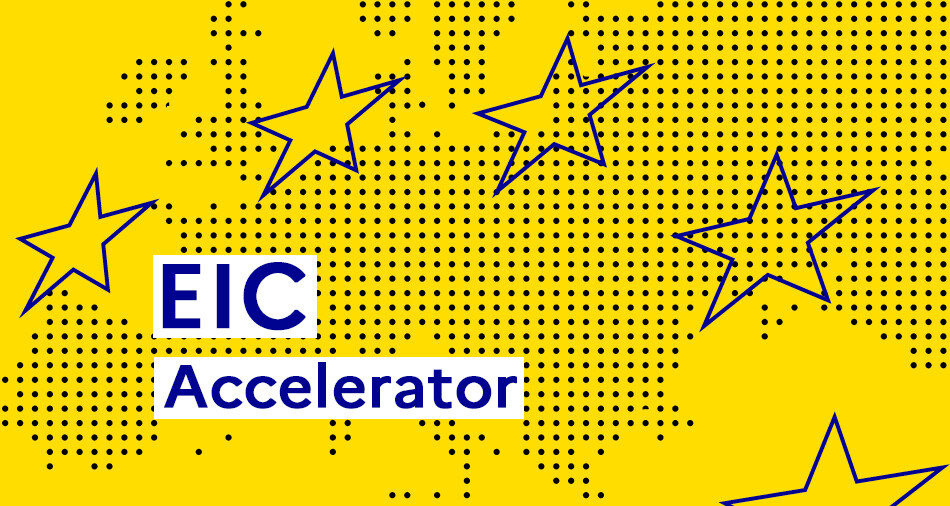ExpectedOutcome:
Proposal results are expected to contribute to the following expected outcomes:
- Agile and secure architectures for collaborative smart nodes with decentralised or swarm intelligence, which build on European strengths in embedded sensors and devices and wireless communication, both non-cellular and mobile 5G networks.
- Programming environments for smart edge-connected nodes and dynamic groups of nodes across the device-edge-cloud continuum, which reduce the complexity of programming and maintenance.
- Dynamic open environments and tools, which stimulate open architectures and interfaces, interoperability and avoiding vendor lock-in, open source where appropriate.
- Reinforced Europe’s position in the market of next generation smart systems (sensors and devices) integrated in an evolving Internet of Things and cyber-physical ecosystems with strong capacities at the edge.
Scope:
Develop agile and secure architectures, dynamic programming environments and tools for the compute continuum from the device and edge perspective, including energy-efficient, lightweight AI-based approaches, tools for decentralised device and edge intelligence, innovative mesh architectures with mixed topologies to support concepts like tactile internet and swarm intelligence. This should support a paradigm shift from programming environments for individual devices to dynamic groups of devices like swarms. Research should include actionable data streams, contextual interaction and data fusion between the users and the objects as well as. analytical model distribution, delocalized computation and new mesh architectures. Concepts should combine advances in smart sensor networks, new generations of embedded processors, and operating systems for the edge with seamless federation of object identities (IDs) and distributed operation of a large number of heterogeneous IoT devices and smart systems to achieve higher resilience, security and trust in embedded AI applications. Proof of concept or prototype implementations should validate the concepts in at least 3 application areas like for example automated driving, health, farming, smart factories, utilities, cities and communities, logistics, buildings, which in future require more power on device-level at the edge. Concepts should also contribute to the sustainable use of energy, by optimising energy efficiency of proposed solutions and promoting the use of renewable energy. Contributions to sustainable development goals (SDGs) and open source, if appropriate.
In this topic the integration of the gender dimension (sex and gender analysis) in research and innovation content is not a mandatory requirement.
Specific Topic Conditions:
Activities are expected to start at TRL 2 and achieve TRL 5 by the end of the project – see General Annex B.
Cross-cutting Priorities:
Digital AgendaArtificial Intelligence





